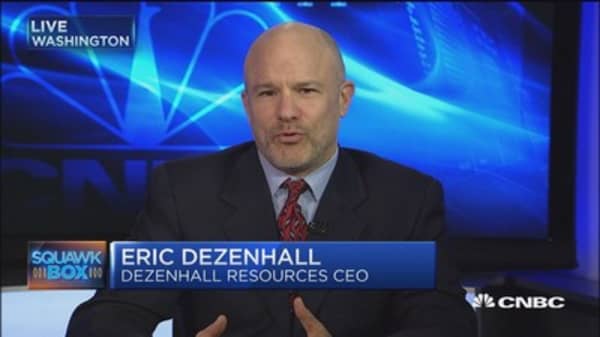Crisis management is a twenty round fight where you almost always lose the first round. Badly, as United Airlines is learning in the wake of a video showing a passenger with blood oozing from his mouth being forcibly removed from an airplane.
The running joke in my office is that you always want to be the second crisis management team because the first crew at bat will likely be fired for botching the job even if it's not their fault. That's because crises, by their very nature, are a mess, and chaos, missteps and doom-and-gloom prognoses are the rule not the exception in an early media vortex.
United has issued a few statements, the latest one being the first to acknowledge how awful the incident truly was. The CEO apologized but here's the thing about apologies: They are nothing more than the price of entry, a qualifying round to stay in the longer fight. Corporate apologies are always declared to have been mismanaged and "too little too late" largely because it's the job of old and new media to do exactly that – keep the outrage flames stoked. In an age where everybody's a spin doctor, we expect way too much from apologies.
Now comes the misguided speculation about whether CEO Oscar Munoz should resign. A Change.org petition calling for his ouster has 43,000 supporters. The answer is no. Rolling the boss's head is the cheapest, easiest and most controllable stunt available to companies in crisis but it's often the worst maneuver because it disrupts the very team that's working overtime to put the company back together.
Companies like United almost always recover in the long haul, the key words being long haul. Toyota, GM, Johnson & Johnson and Wells Fargo are but a few companies that have been through the wringer and have either recovered or are on their way. There is a whole unglamorous casserole of things United will have to do to get back on track: investigations, terminations, procedural changes, litigation settlements, rebates and promotions – and the good old-fashioned passage of time.
Indeed, there is rarely a correlation between how much you talk about a crisis and how fast you recover from it especially in a media vortex where all talk is met with automatic outrage. Rest assured, we'll be onto the next crisis soon enough.
Commentary by Eric Dezenhall, CEO of Dezenhall Resources, a crisis-management firm in Washington, DC. He is also the author of "Glass Jaw: A Manifesto for Defending Fragile Reputations in an Age of Instant Scandal." Follow him on Twitter @EricDezenhall.
For more insight from CNBC contributors, follow @CNBCopinion on Twitter.



